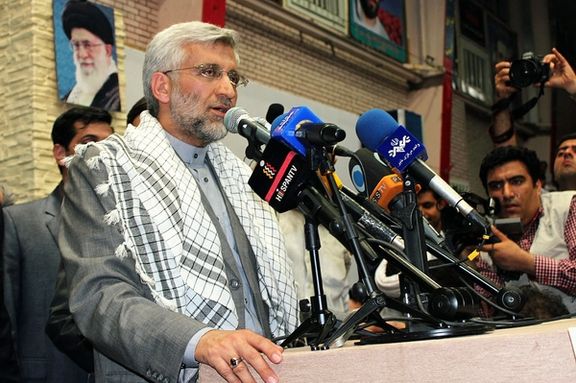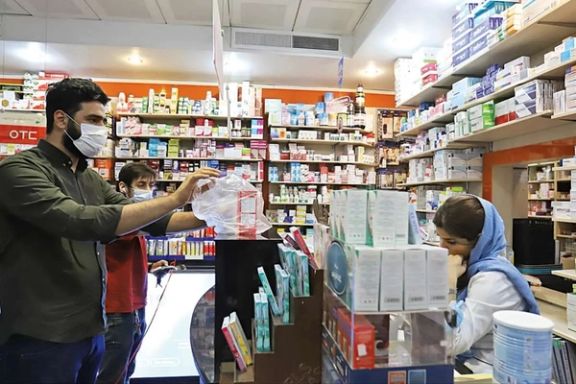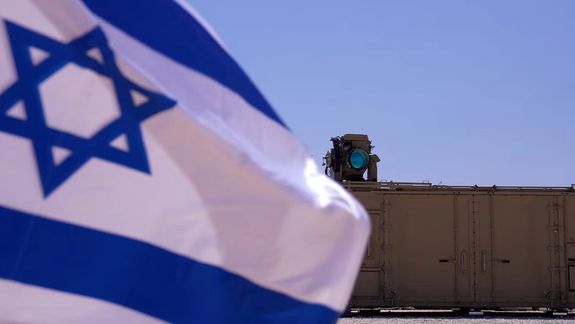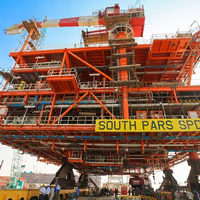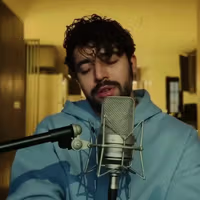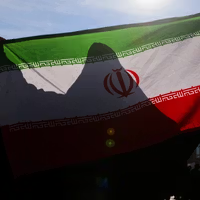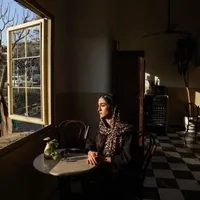In an open submission hotline to Iran International, people inside the country shared their experiences of hardship.
“I wish I could talk in depth about medicine prices, but since there’s no medicine to find, any such talk is useless,” one respondent said.
Another highlighted the difficulties women face in the market for hygiene products and supplements.
“Menstrual pads are hard to find, and prices are very high. A pack of magnesium pills for strengthening hair, nails and skin, even an Iranian brand, costs 570,000 tomans ($13),” she said.
'More hellish by the day'
Water and electricity shortages and outages have hit Iran in recent weeks, hitting daily life and harming health services.
“Iran’s medicine and treatment situation is a disaster as big as water shortages and other crises. Overall, Iran is becoming more hellish daily in every way,” another message said.
Some respondents said they were bypassing Iran’s market to get medicine from abroad.
“I bought thyroid pills for myself from Turkey for a year. The money I paid at the free exchange rate equals buying pills in Iran for 4 months. Plus, the ones from Turkey are genuine German, while those in Iran are terrible, have no effect, and expire in two to three months," one contributor said.
“It’s been days without medicine," another said. "I have no money. Borrowed today, got half—infinitely expensive. I don’t know what to do.”
Hard to afford
Some responses indicate that with rising prices, insurance companies are dropping coverage.
“Last year, a respiratory spray cost 500,000 tomans ($ 6), and insurance covered 85%. Now it’s 3 million tomans ($ 71 ), and insurance doesn’t cover it anymore," one said through a message.
"The asthma spray I used to get with insurance for 100,000 tomans a few months ago. Yesterday, one oral spray 400,000 ($ 9),"another respondent added.
The increasing prominence of the black market and the inflow of expired medicines with no quality control was also an oft-cited concern.
“Drug prices have broken the backs of people, especially the middle, lower-middle, and poor classes," a respondent said. "Meds are either unaffordable or expensive, unavailable, or, if found, are either expired or fake, especially in the black market where addicts, thieves, and dealers sell.”
Iranians, including children, dependent on medicines now face steep price hikes.
“I used to buy my kid’s medicine for 450,000 tomans ($ 10); now it’s 870,000 tomans ($ 20),” one said.
"I have diabetes. In the last five months, insulin was distributed only once," a respondent said. "It can't be obtained from the market at all, even at ten times the cost."

